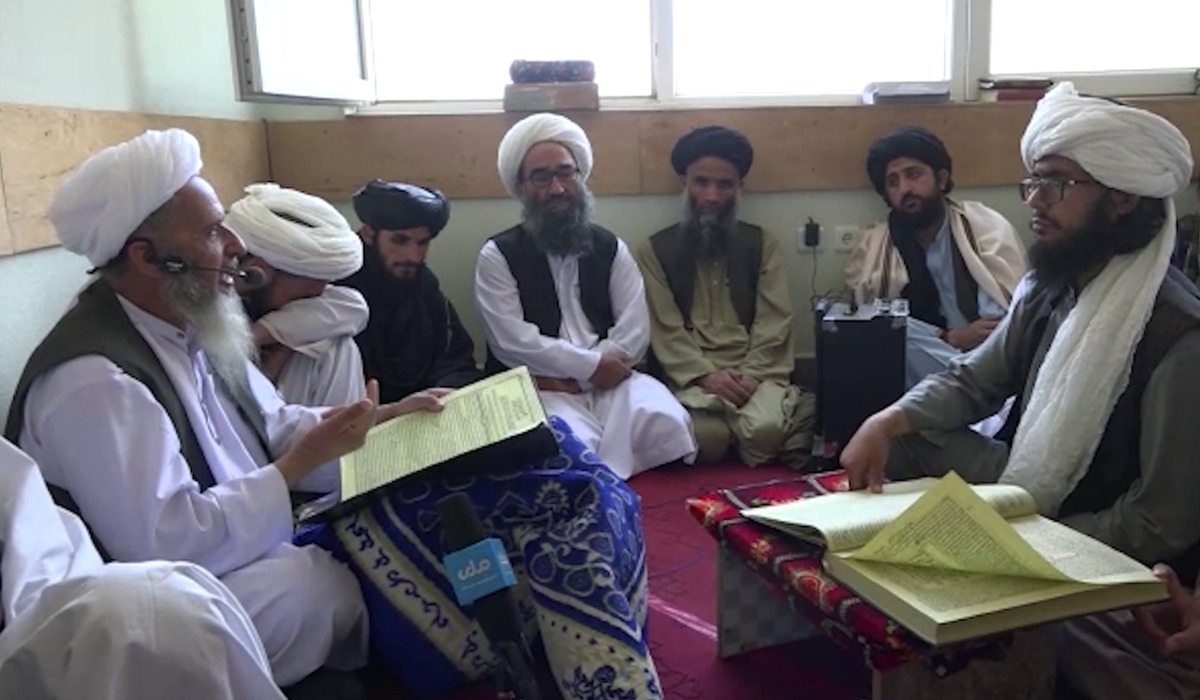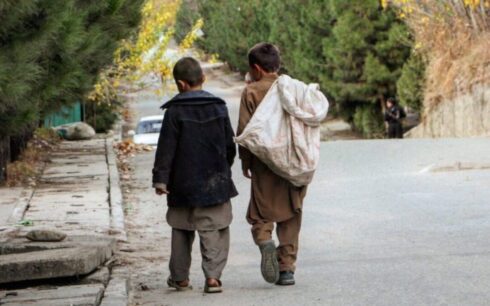The Taliban’s Ministry of Education has constructed at least 50 religious madrassas across the country over the past five months, spending approximately 100 million Afghanis ($1.4 million) on these projects, according to official figures.
More than 13 provinces have seen the construction or renovation of madrassas, signaling a rapid expansion of religious education under Taliban rule.
Between September 2024 and February 2025, Taliban built or laid the foundation for nearly 50 madrassas in Bamiyan, Balkh, Paktia, Paktika, Sar-e-Pul, Kapisa, Farah, Badakhshan, Baghlan, Khost, Ghazni, and other provinces, according to figures by the Taliban-run Education Ministry.
Madrassa construction by month:
September: 14 madrassas
October: 6 madrassas
November: 6 madrassas
December: 15 madrassas
January: 1 madrassa
Additionally, land has been allocated for at least four more madrassas in Herat, Bamiyan, Parwan, and Paktika.
New Madrassas Established in February:
Hazrat Salman Fars Madrassa (Herat)
Imam Ja’far Sadiq Madrassa (Bamiyan)
Abu Bakr Siddiq Madrassa (Parwan)
Unnamed Madrassa (Paktika)
The Taliban’s aggressive expansion of madrassas has raised alarm among human rights activists and education experts, who warn that prioritizing religious schools while keeping universities and girls’ schools closed could have lasting consequences.
“The Taliban’s rapid madrassa expansion will deepen extremism,” said Abdul Ahad Farzam, a human rights researcher. “It will push Afghan youth further toward militancy and violence.”
Many Afghans have criticized the Taliban’s focus on religious schools at the expense of general education.
“They shut down schools and universities for girls but keep building madrassas,” said one Kabul resident. “This will destroy Afghanistan’s education system and further radicalize the next generation.”
A recent Amu TV investigation revealed that the Taliban have awarded over 2,500 master’s degrees to madrassa graduates, including those from Pakistani religious schools.
The largest share of these degrees has gone to students from Darul Uloom Haqqania, a seminary in Akora Khattak, Pakistan, which has produced many of the Taliban’s top leaders.
Madrassas that have received master’s degrees from the Taliban include Darul Uloom Haqqania, Akora Khattak, Darul Uloom Haqqania (branch) and Al-Haqqania Madrassa among others.
Many of the Taliban’s most radical leaders and military commanders have studied at these institutions.
University professors warn that the integration of madrassa graduates into Afghanistan’s higher education system risks turning the country into a hub for religious extremism, with serious long-term consequences for Afghanistan and the region.





